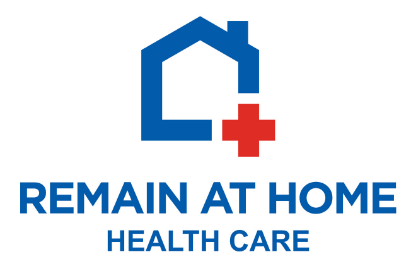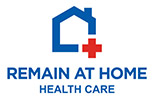One of the most important choices a person can make in his or her lifetime is deciding on which path of healthcare treatment to pursue: traditional, alternative or a combination of both.
Most alternative methods are not considered a part of the traditional healthcare system, but those who do “go off the grid” for treatments such as acupuncture, osteopathy, reflexology and herbology, cite “wonderful outcomes.”
An interesting fact is that seniors 65+ are among those who embrace alternative medicine the most, as compared to the rest of the U.S. population. A recent Ohio State study reports that a whopping 70% of older Americans turn to alternative practices to deal with their physical maladies.

Brian Carrigan
Founder & Co-Manager
Those who endorse alternative medicine point to a host of physical benefits, including fewer side effects, reduced healthcare costs, a reduced chance of addiction to prescription drugs and eschewing antibiotics, which many people believe “kill your immune system and actually become the problem.” A good number of seniors describe their choice of alternative medicine as “taking control.”
EverydayHealth.com adds the following advantages: Alternative therapies emphasize whole-body care, has practitioners able to spend more time with their patients and focuses more on prevention and wellness.
But alternative medicine doesn’t find favor with everyone. Traditional doctors worry that there is relatively no supporting evidence of a positive impact due to alternative medicine, and more serious, if you are not up front with your physician about supplements and/or herbs that you may be taking (be sure to list them in your “med profile”), there can be negative interactions with prescriptions and over-the-counter medicines.
If you’re uncertain about changing your healthcare path, it’s important to remember that alternative medicine doesn’t have to be an “either/or” proposition. It is possible to seek treatment and therapies from both disciplines. In fact, some traditional medical physicians offer alternative options for patients, and many medical schools have incorporated alternative concepts into their curriculum.
As is the case with any fork in the road, the decision about which direction to follow shouldn’t be taken lightly. Ask your physician about alternatives to traditional medicine and do your homework. It may be that a balance of the traditional and alternative will be the best road for you and your family.
 RAH in the News – OnlineAthens
Prev post
RAH in the News – OnlineAthens
Prev post



